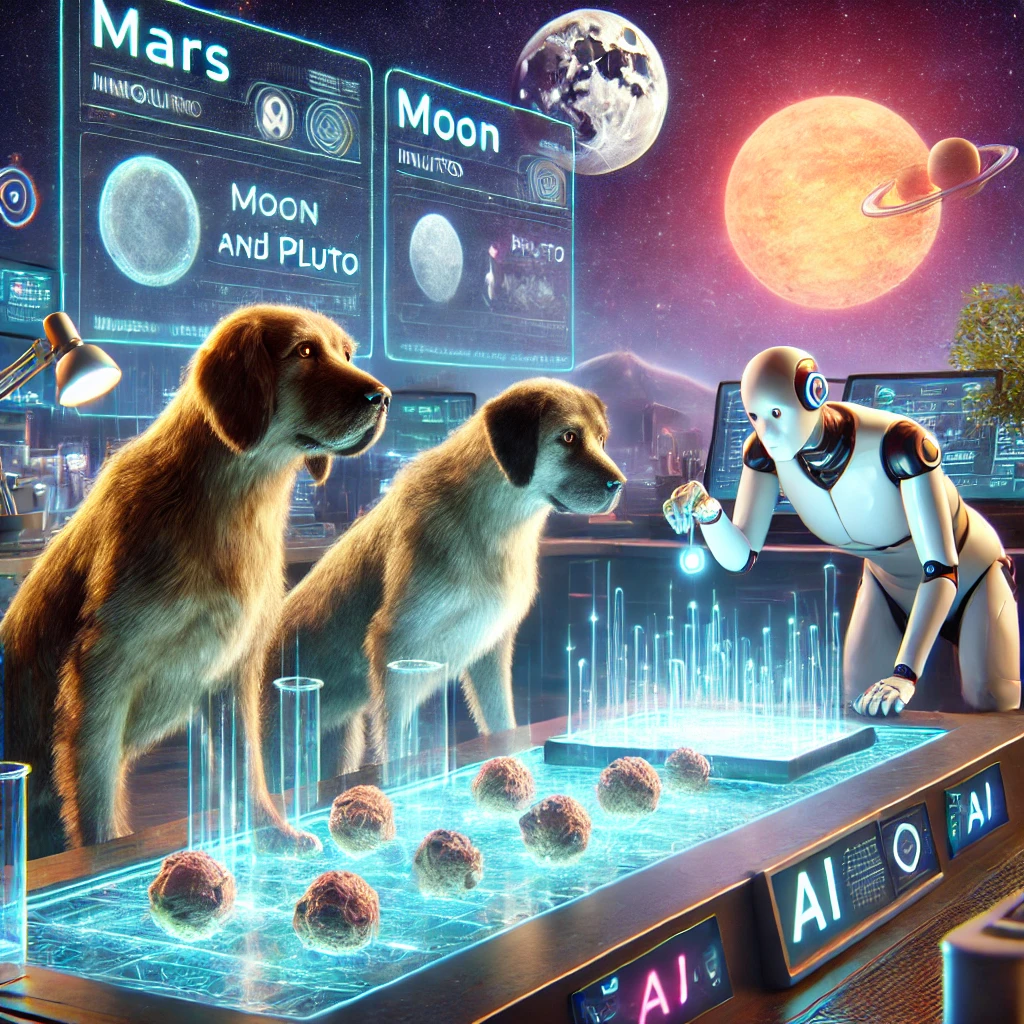1. Procedural Content Generation (PCG)
- Level Design: AI algorithms can automatically generate complex and varied game levels, reducing the workload on human designers and providing players with a fresh experience every time they play.
- Character and Item Creation: AI can create new characters, weapons, and other in-game items, ensuring a diverse and engaging game environment.
2. Enhanced NPC Behavior
- Intelligent NPCs: AI-driven non-player characters (NPCs) can exhibit more realistic and unpredictable behaviors, making interactions more challenging and immersive.
- Adaptive AI: Some games use AI that learns from the player’s actions, adjusting the difficulty level or NPC strategies to keep the gameplay engaging.
3. Personalized Gaming Experience
- Dynamic Difficulty Adjustment (DDA): AI can analyze a player’s skill level and adjust the game’s difficulty in real-time, ensuring a balanced and enjoyable experience.
- Content Recommendations: AI can suggest games, in-game purchases, or content based on a player’s preferences and play history.
4. Game Testing and Quality Assurance
- Automated Testing: AI tools can simulate thousands of gameplay scenarios to identify bugs and performance issues, speeding up the QA process.
- Balancing and Tuning: AI can help balance game mechanics by analyzing vast amounts of gameplay data to ensure fairness and challenge.
5. Player Support and Community Management
- Chatbots and Virtual Assistants: AI-driven bots can provide instant support to players, helping with game-related questions or technical issues.
- Toxicity Detection: AI can monitor in-game chat and forums to detect and mitigate toxic behavior, fostering a healthier gaming community.
6. AI in Game Storytelling
- Dynamic Storytelling: AI can create branching narratives that adapt to the player’s choices, providing a unique and personalized story experience in games.
- Voice and Dialogue Generation: AI can generate natural-sounding dialogue, enabling more dynamic and interactive conversations with NPCs.
7. VR and AR Integration
- Enhanced Immersion: AI is crucial in virtual and augmented reality gaming, helping to create more realistic environments and responsive interactions.
- Spatial Awareness: AI helps in understanding and reacting to the physical space around the player, making VR and AR experiences more intuitive and immersive.
8. Game Analytics and Player Insights
- Data-Driven Development: AI-driven analytics tools provide developers with insights into player behavior, helping them to make informed decisions about game updates and new features.
- Monetization Optimization: AI can analyze spending patterns and suggest optimal monetization strategies, such as in-game ads or microtransactions, tailored to different player segments.
AI’s integration into gaming continues to evolve, pushing the boundaries of what games can offer and how players interact with them. As AI technologies advance, the gaming experience will become




